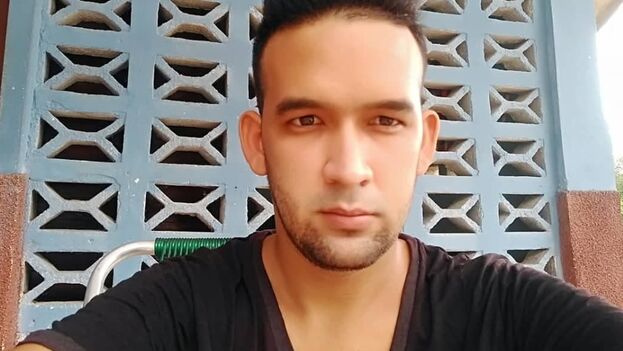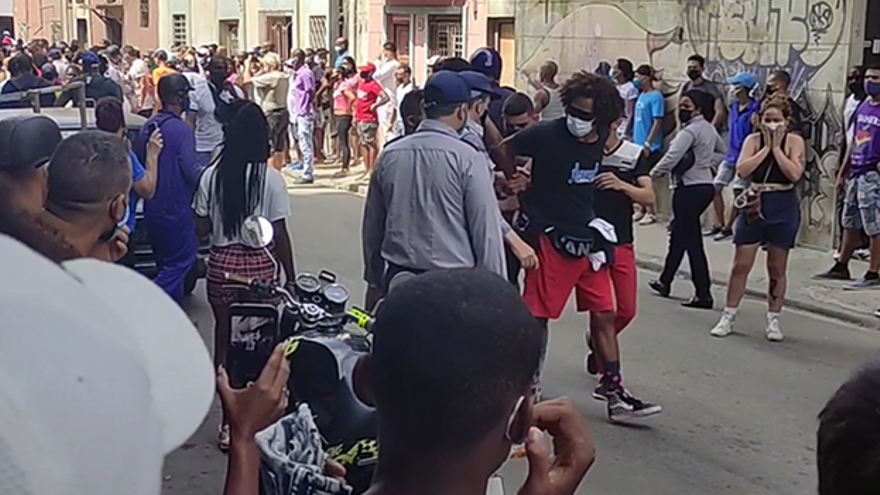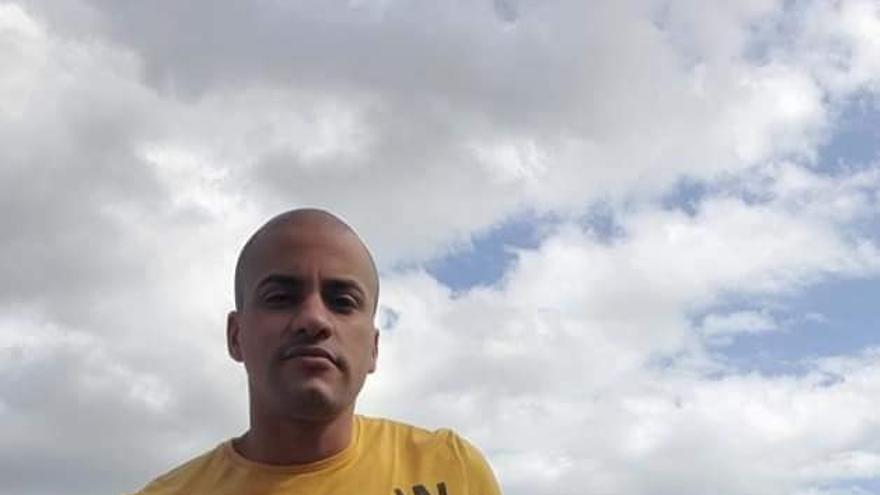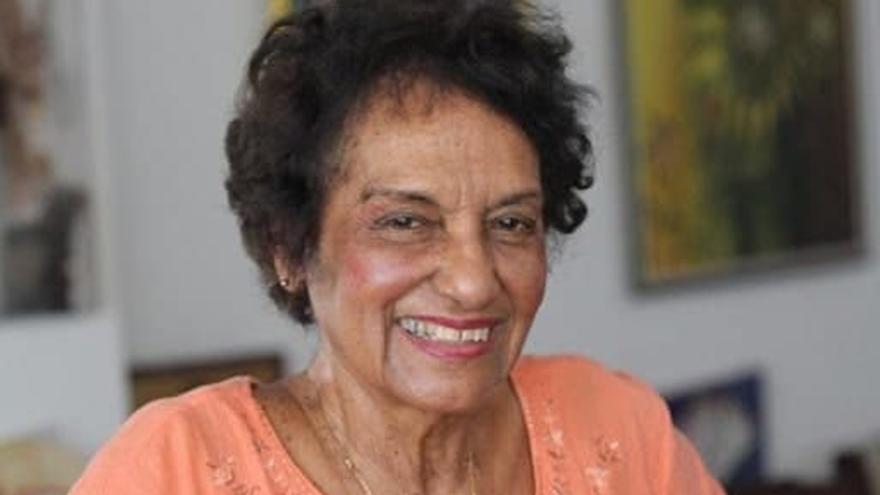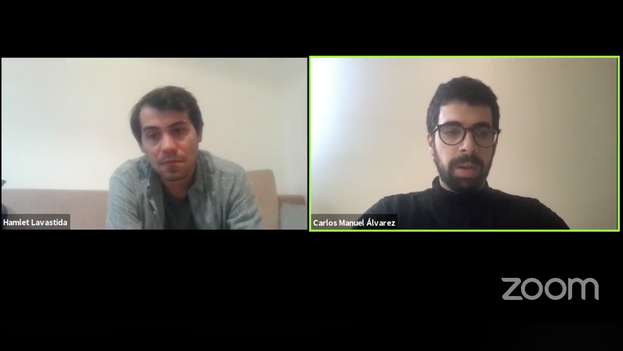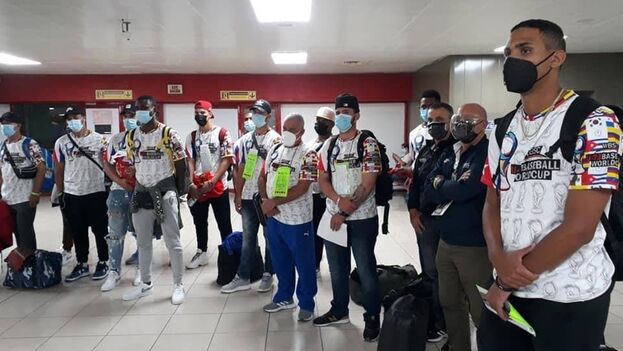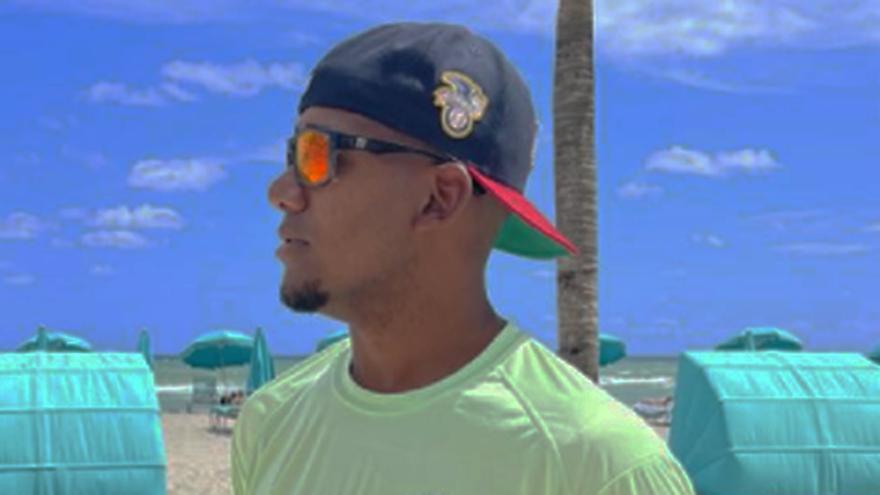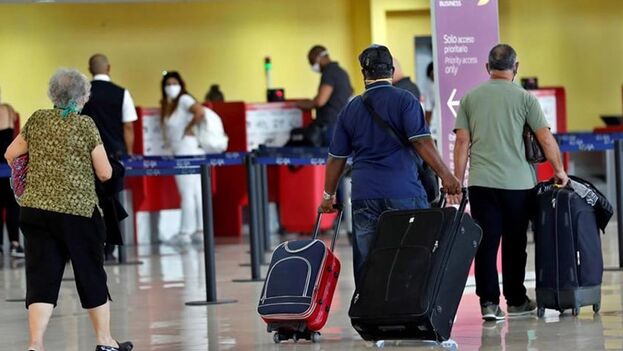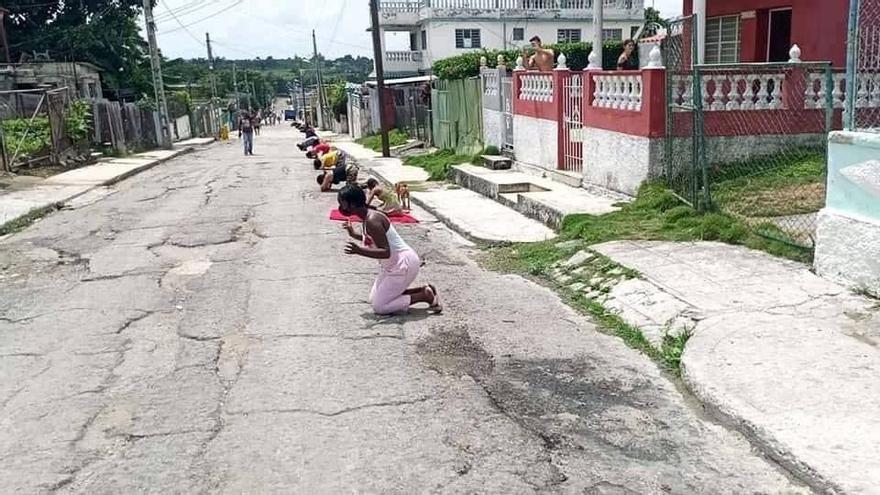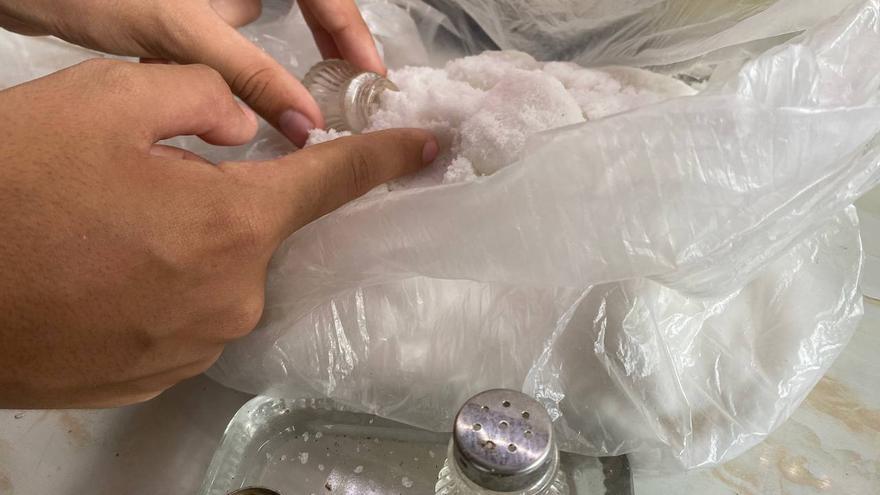
![]() 14ymedio, Havana, October 5, 2021 — A product as basic and elemental as salt is has become yet another of problem for the island’s authorities. Not a day has gone by when they have not been called to account, even by the official press, for the lack of some consumer product, be it tobacco, electricity, coffee or masks.
14ymedio, Havana, October 5, 2021 — A product as basic and elemental as salt is has become yet another of problem for the island’s authorities. Not a day has gone by when they have not been called to account, even by the official press, for the lack of some consumer product, be it tobacco, electricity, coffee or masks.
On Tuesday salt became the latest item to be added to the list. It is sold in a form so damp that even the addition of rice to Cuban salt shakers is not enough to separate the grains. On Tuesday Jorge Luis Bell Alvarez, director of Ensal, has had to face the press to provide some justification for the problem. He claimed the only Cuban salt producer with technology capable of producing dry salt is in Guantánamo province. In addition to distributing the product locally, the plant also supplies Havana’s rationed markets. In total, it is responsible for 46% of Cuban saline production.
According to Bell Alvarez, the rest of the island is supplied by salt plants in El Real, Matanzas and Zoa, which produce damp salt. He acknowledges that the product, which is now the only option on the market, “is a problem” but adds that the thirteen provinces which do not get their salt from Guantanamo, which has a drying oven, sometimes do have the “benefit” of being able to get salt.
He says the centrifuges used to spin salt, like the ones used in sugar refineries, are not adequate. To fix the problem, the government is trying to import four new centrifuges and is “thinking about” another investment to continue reading
The Granma article notes appreciatively that, despite the quality issue and problems associated with distribution and sale, production targets for the first half of the year have been met. It notes, however, that over the summer the situation was complicated by fuel shortages, particularly of diesel fuel, and frequent blackouts due to problems at electrical generator facilities.
In August salt production was at 92.7% of what had been expected. Producers must provide 475 tons of salt to fulfill their commitments.
Electricity shortages have also impacted production, which in August was 92.1% of estimates. In September it was at 97%. Supplies of one-kilogram bags of rationed salt, he insists, have not fallen significantly, meeting 99.5% of targets and at a comparable level to the previous month.
Nevertheless, the amount of salt provied in the “basic basket”* is not enough to meet the needs of most families, who use it not only in cooking but also to make their own toiletries, cleaning products and disinfectants due to shortages of manufactured goods.
“I wash my dishes with a mixture of powdered detergent, vinegar, baking soda and salt,” explains a Havana resident who has been unable to buy a dishwasher for months. “You can only buy them in hard currency stores and I can’t afford the ones they sell there so I do my own repairs and use some of the salt I get through the ration book to do that.”
Others use salt to increase sales of roasted peanuts, which remains one of Cuba’s most popular street foods. “Everything has gone up. Peanuts have gone up. The sheets of wrapping paper are through the roof and salt is in short supply. I don’t know how much I’ll have to sell to turn a profit,” worries Humberto, a peanut vendor in the Calzada de Cerro area.
The fine table salt allocated to Cuba’s tourism sector bears little resemblance to the salt Cubans themselves consume. To address this discrepancy, the salt usually imported from abroad was replaced with salt from Guantanamo, the only reasonably comparable alternative. In December 2020, thirty tons of fine table salt and 180 tons of cooking salt were delivered. This time around the figures are forty tons of table salt and 120 tons of cooking salt
Bell Alvarez added that the lack of electricity has meant the loss of 344 hours of work, the equivalent of approximately 3,400 tons of salt.
*Translator’s note: A list of basic consumer goods available to all Cubans at subsidized prices and in limited amounts through the ration book.
______________
COLLABORATE WITH OUR WORK: The 14ymedio team is committed to practicing serious journalism that reflects Cuba’s reality in all its depth. Thank you for joining us on this long journey. We invite you to continue supporting us by becoming a member of 14ymedio now. Together we can continue transforming journalism in Cuba.

